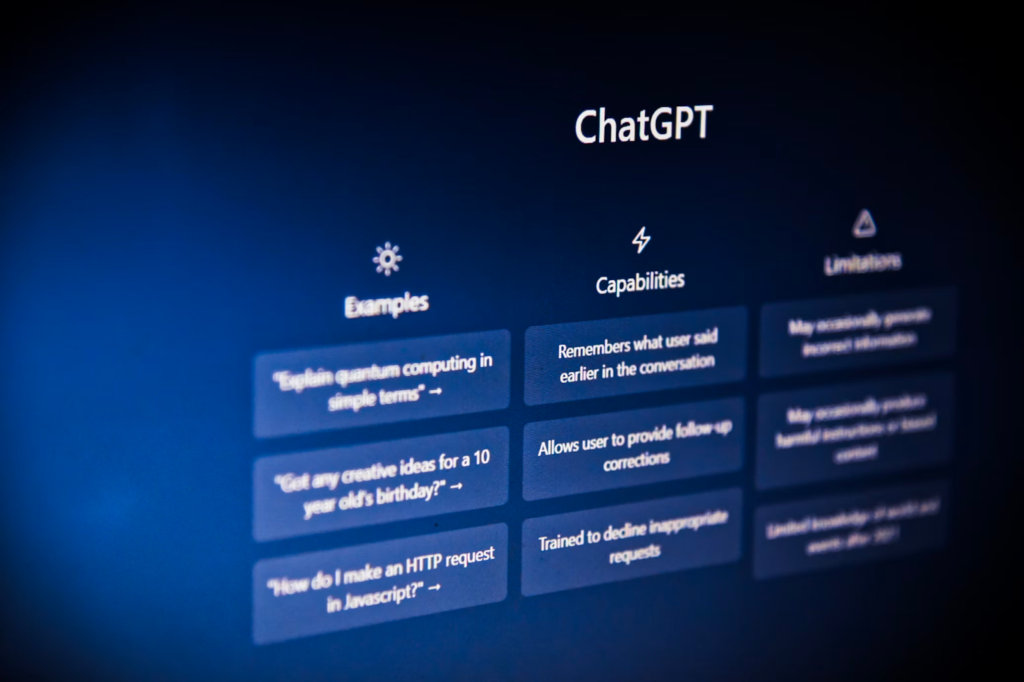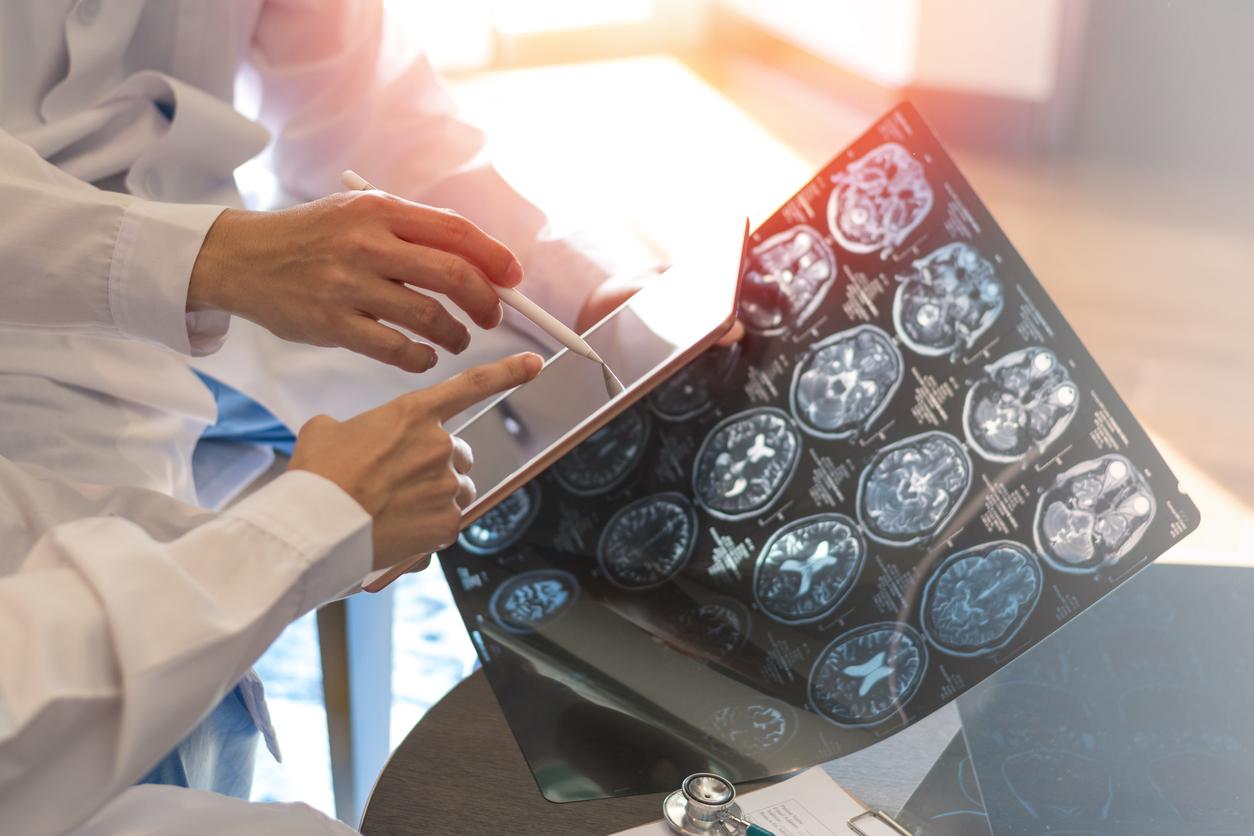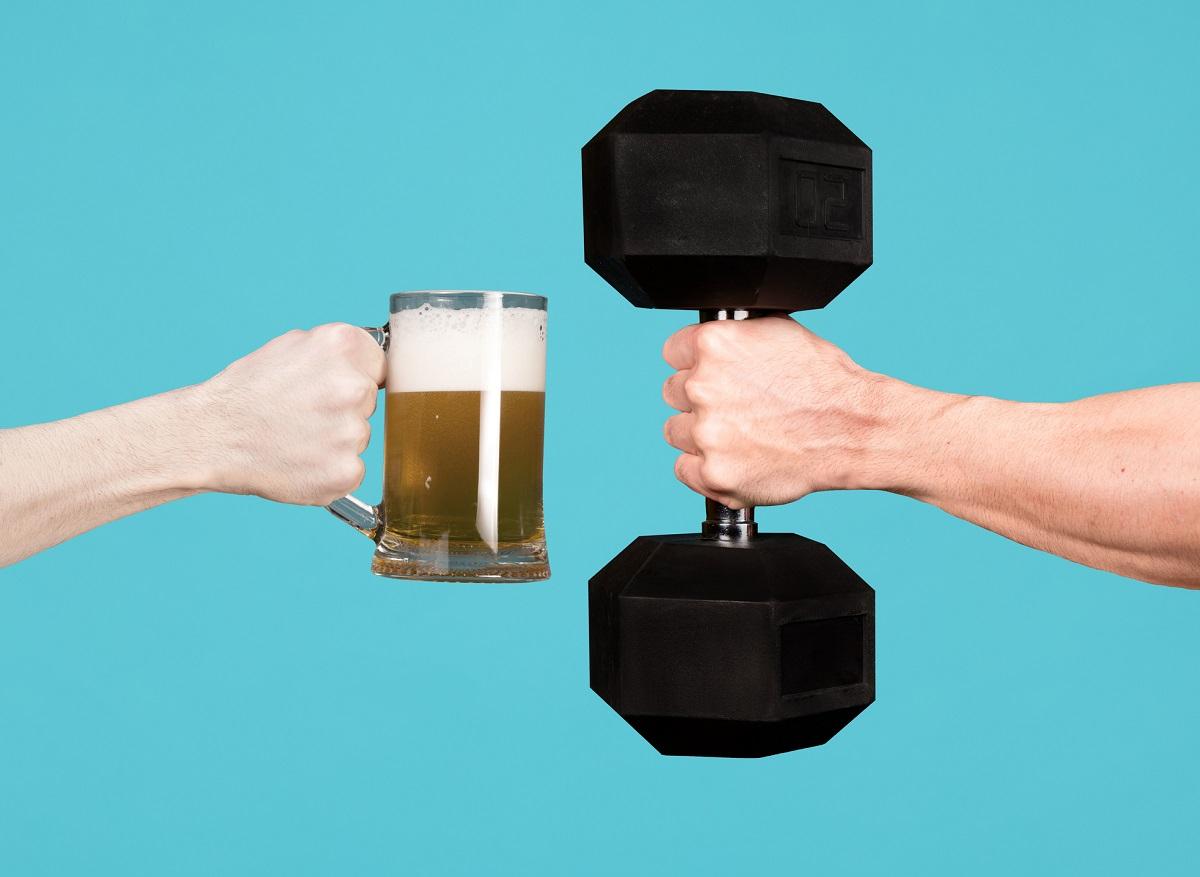
There’s a new technology that’s been taking over the headlines: artificial intelligence. As we learn more about this innovation, many industries are slowly adopting AI into their daily operations. As a result, we’ve seen more developments across industries thanks to the rapid evolution of technology.
One such development in the field of artificial intelligence includes chatbots. AI chatbots are no ordinary ones. Just like humans, they possess a high level of intelligence without the downtime of human working hours. That means you have a chatbot that works with you 24/7! But, that’s just scratching the surface. Here’s what you should know about AI chatbots.
What Is an AI Chatbot?
By the name itself, it’s implied that AI chatbots are computer programs powered by artificial intelligence to simulate human interactions. With the help of natural language processing (NLP), chatbots can create realistic human interactions.
Such technology has piqued the interest of many, with many utilizing AI chatbots in industries that are client-facing. That being said, industries such as customer service and healthcare have seen great uses for AI chatbots. And in healthcare particularly, AI chatbots have changed the game forever. In fact, it’s estimated that AI chatbots could soon be involved in healthcare admin work, accounting for up to 73% of the tasks done by healthcare administrators.
What Are the Advantages of AI Chatbots in Healthcare?
Besides that, AI chatbots still have a lot to bring to the table in the healthcare industry. And with the use cases still growing, many sectors are learning how to leverage the power of chatbots, like the healthcare industry, Here’s how AI chatbots are advantageous to the field of healthcare:
Increased Efficiency
We use technology to streamline processes – that’s a similar case to AI chatbots. This innovation is known for being efficient, thanks to its ability to multi-task simultaneously and quickly. Chatbots reduce appointment waiting times and process insurance claims more quickly, therefore the increased efficiency.
24/7 Support
One may argue that 24/7 support in healthcare is possible with humans. But more working hours means more labor. And more labor means added costs for healthcare institutions. AI chatbots, to some extent, can perform some tasks that are done by humans. In the long run, this reduces costs and allows for more patient-centered care.
Data Collection
When using chatbots, patients will inevitably provide personal health information. AI can collect this data and use it to identify trends and patterns with diseases, which can ultimately help with treatment plans. While data privacy might be a concern, chatbots can use encryption protocols to protect personal information – making them HIPAA-compliant. More stringent security measures such as establishing authentication and verification mechanisms ensure that only authorized people have access to personal health data.
What Are The Limitations of AI Chatbots in Healthcare?
While an outstanding innovation, artificial intelligence chatbots still have their shortcomings. There are a lot of emotions involved in the field of healthcare, for instance, and an AI chatbot could not sufficiently replace humans in that aspect. But, there are a few other limitations of artificial intelligence in the healthcare industry which we’ll cover below:
Lack of Emotion
Perhaps the biggest shortcoming of AI chatbots is that they don’t have hearts – well, quite figuratively and literally. Figuratively in the sense that they cannot express emotions, and literally because it’s a non-living entity. In clinical practice, healthcare professionals are exposed to patients. They learn about how their struggling background prevented them from seeking treatment or how a sudden diagnosis changed their lives forever. These aren’t easy to deal with. And in healthcare, sympathy and compassion are just as important as treating the actual disease. Especially in certain fields of healthcare, like palliative and hospice care, AI chatbots will not be sufficient to provide emotional support.
Limited Ability to Diagnose
Another drawback of AI chatbots is their ability to diagnose diseases. It’s more of the lack of accuracy when it comes to diagnosis. As of now, nothing beats a visit to your nearest healthcare professional. Chatbots may successfully diagnose minor illnesses, but when you meld all of a patient’s personal information, diagnosis can get tricky. However, the good part is that this might not always be the case in the years to come. Chatbots learn from data. And the more data sets they have to work with, the more accurate their diagnosis.
In Conclusion
Without a doubt, the future of healthcare is led by artificial intelligence. In fact, the market size of AI in healthcare is predicted to grow to $200 billion by 2030. Thanks to increased efficiency, 24/7 support, and superior data collection, the healthcare sector provides optimized patient care resulting in improved healthcare outcomes. While its advantages are plenty, AI is not without fail. One of its major pitfalls is the lack of emotional support. And when it comes to diagnosis, humans remain superior. Nonetheless, artificial intelligence allows the healthcare industry to grow by leaps and bounds.














